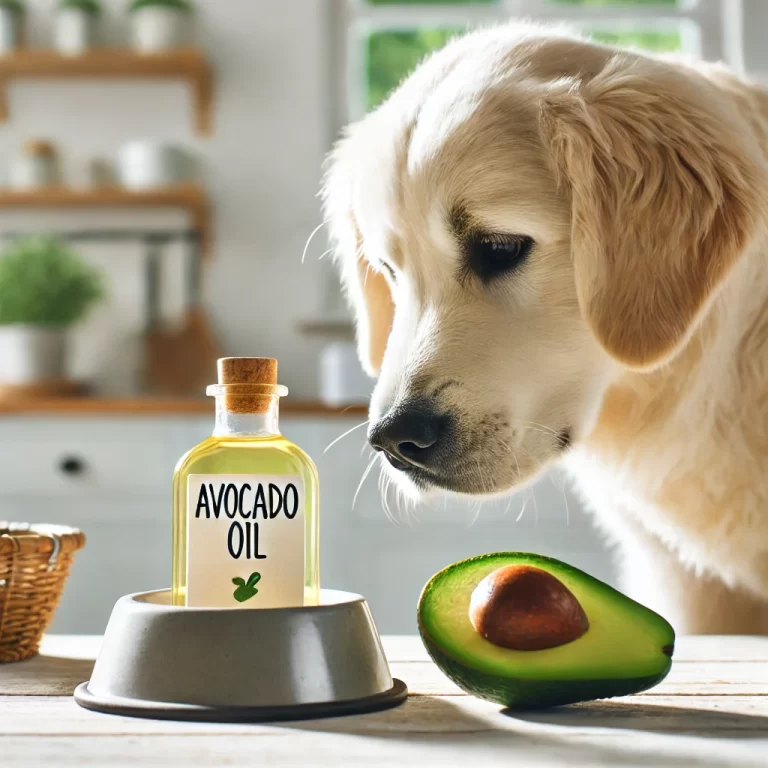Is Beef Hide Bad for Dogs? | Safety, Risks & Alternatives
Beef hide chews are widely marketed as tasty and long-lasting treats for dogs. They’re chewy, satisfying, and often recommended for dental health. But a growing number of pet parents are asking: Is beef hide bad for dogs?
While beef hide can provide entertainment and oral benefits, it also comes with potential risks. This article explores the pros and cons of beef hide for dogs, how to choose safer versions, and what alternatives might be better for your dog’s health.
Table of Contents
- What Is Beef Hide?
- Benefits of Beef Hide Chews for Dogs
- Risks and Dangers of Beef Hide
- Beef Hide vs. Rawhide: What’s the Difference?
- How to Choose Safer Beef Hide Products
- Healthy Alternatives to Beef Hide for Dogs
- When to Avoid Beef Hide Completely
- FAQ
What Is Beef Hide?
Beef hide is made from the inner layer of a cow’s skin, typically sourced as a byproduct from meat processing. It’s dried, cleaned, and sometimes flavored or shaped into bones, twists, or rolls marketed as dog chews.
Beef hide is essentially a type of rawhide, though some manufacturers distinguish between beef hide (from cattle) and generic rawhide (which may include hide from pigs or other animals).
Benefits of Beef Hide Chews for Dogs
Many dogs enjoy beef hide chews for their taste and texture. They also offer some potential advantages:
1. Dental Health Support
Chewing helps scrape away plaque and tartar, promoting better oral hygiene and fresher breath.
2. Long-Lasting Engagement
Beef hide chews keep dogs busy and reduce boredom, which can minimize destructive behavior in the home.
3. Mental Stimulation
Chewing is a natural and satisfying activity for dogs that promotes calmness and stress relief.
4. High Protein (in some types)
Beef hide chews may contain some protein, although they’re not a reliable nutritional source.
While these benefits are real, they must be balanced against significant safety considerations.
Risks and Dangers of Beef Hide
Despite their popularity, beef hide chews are not without controversy. Here are the top concerns associated with giving beef hide to dogs:
1. Choking and Digestive Blockage
The biggest danger of beef hide is choking or gastrointestinal obstruction. When large pieces are swallowed without being properly chewed, they can get stuck in the throat, stomach, or intestines.
2. Chemical Residue
Low-quality beef hide chews may be processed with bleach, glue, or other toxic chemicals to whiten or preserve the product. These can irritate the digestive tract or cause toxic reactions.
3. Poor Digestibility
Beef hide is not easily broken down by a dog’s digestive system. This increases the risk of stomach upset, bloating, or more serious issues if consumed in large amounts.
4. Contamination Risk
Some imported chews have tested positive for Salmonella, mold, or other pathogens due to poor handling or storage.
5. Allergic Reactions
Dogs with beef allergies or food sensitivities may react poorly to beef hide, experiencing vomiting, diarrhea, or skin irritation.

Beef Hide vs. Rawhide: What’s the Difference?
In most cases, beef hide is a type of rawhide. The terms are often used interchangeably, but it’s important to understand the difference:
| Aspect | Beef Hide | Rawhide |
|---|---|---|
| Source | Inner layer of cow skin | Any animal hide (beef, pig, horse, etc.) |
| Labeling | Often marked as “beef hide” | Generic or non-specific origin |
| Digestibility | Low to moderate | Generally low |
| Safety | Moderate with supervision | Potentially high risk |
Conclusion: Beef hide may be slightly safer than generic rawhide, but both require careful selection and supervision.
How to Choose Safer Beef Hide Products
If you still want to give your dog beef hide, here’s how to make safer choices:
- Choose USA-made products: These are more likely to follow strict quality and safety regulations.
- Look for “no chemicals” or “no bleach” labeling: Avoid chews with artificial colors or chemical processing.
- Buy from reputable brands: Trusted companies are more likely to test for contaminants and follow ethical sourcing.
- Pick appropriate sizes: The chew should be large enough that your dog can’t swallow it whole.
- Supervise chewing sessions: Take away any small or soggy pieces that could be swallowed.
Healthy Alternatives to Beef Hide for Dogs
There are plenty of safe and natural alternatives to traditional beef hide. Some popular options include:
- Collagen chews: Easier to digest and good for joints and skin
- Dental sticks or bones: Specifically designed to clean teeth and break apart safely
- Yak cheese chews: Long-lasting and made from natural ingredients
- Dehydrated beef trachea or tendons: Natural and more digestible than hide
- Carrots or frozen sweet potato slices: Crunchy, low-fat treats for gentle chewers
Always choose treats based on your dog’s age, chewing style, and dietary needs.
When to Avoid Beef Hide Completely
Beef hide should be avoided in the following cases:
- Dogs with a history of choking or digestive obstruction
- Senior dogs or puppies with weak teeth or gums
- Dogs on restricted diets or with allergies to beef
- Dogs that aggressively swallow large chunks
If your dog fits any of these categories, opt for safer chew options recommended by your veterinarian.
FAQ
Is beef hide the same as rawhide?
Beef hide is a specific type of rawhide sourced from cows. Not all rawhide is beef hide, and generic rawhide may be lower quality or less safe.
Can dogs digest beef hide?
Beef hide is poorly digestible. Small amounts may pass through safely, but larger chunks can cause gastrointestinal issues or blockage.
How often can I give my dog beef hide?
Occasionally and under supervision—perhaps once or twice a week. Daily use is not recommended unless approved by your vet.
What signs show that beef hide is causing problems?
Look out for vomiting, diarrhea, drooling, constipation, or signs of abdominal pain. Choking or excessive coughing during chewing is also a red flag.
Are beef hide chews safe for puppies?
Generally no. Puppies are more prone to swallowing large pieces and may not be able to chew beef hide properly. Stick to age-appropriate chews.
Conclusion
So, is beef hide bad for dogs? It depends. While not inherently toxic, beef hide carries risks—especially if your dog tends to swallow pieces or if the product is poorly made. That said, high-quality beef hide chews used occasionally and under close supervision may offer dental and behavioral benefits.
If you’re unsure, speak to your vet about whether beef hide is appropriate for your dog’s size, breed, and health condition. When in doubt, natural alternatives with higher digestibility and fewer risks are often the better choice.



